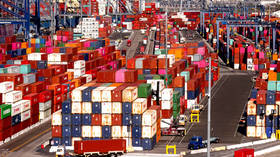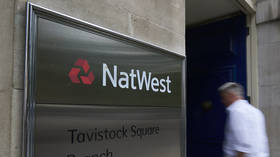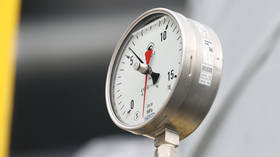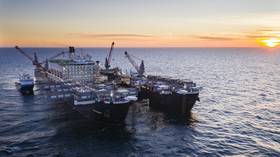Ms. Holmes tried tying her relationship with Mr. Balwani to her fraud charges by stating that he impacted “everything about who I was,” including Theranos. She said she pushed him out of the company and broke up with him after she learned that Theranos’s lab, which Mr. Balwani oversaw, had major issues.
“There was no way I could save our company if he was there,” she said on Tuesday.
Mr. Balwani has denied assault accusations. He was indicted on fraud charges alongside Ms. Holmes and will be tried separately next year. He has also pleaded not guilty.
Over a long and detailed day of testimony, Mr. Leach lingered on the relationship, using text messages between Ms. Holmes and Mr. Balwani as evidence. He asked Ms. Holmes to read text messages that showed her exchanging affectionate remarks with Mr. Balwani. The pair called each other “tiger” and “tigress” in between pep talks about building Theranos.
“No one but you and I can build this business,” Mr. Balwani wrote in one exchange.
After each, Mr. Leach asked Ms. Holmes to verify that she had just read an example of Mr. Balwani acting lovingly toward her. Reading the messages, Ms. Holmes cried for a second time on the stand.
Jill Hasday, a professor at the University of Minnesota Law School who has written a book on intimate partner violence and the law, said the prosecution’s tactic could work to undermine Ms. Holmes’s previous testimony, depending on jurors’ understanding of abuse.
“My gut is, it can be effective, because people have a lot of misconceptions about intimate partner violence, among other things that it’s constant,” Ms. Hasday said.
The trial, which is scheduled to end in December, resumes next week.
Erin Woo contributed reporting.
Article source: https://www.nytimes.com/2021/11/30/technology/elizabeth-holmes-theranos-trial-prosecution.html






